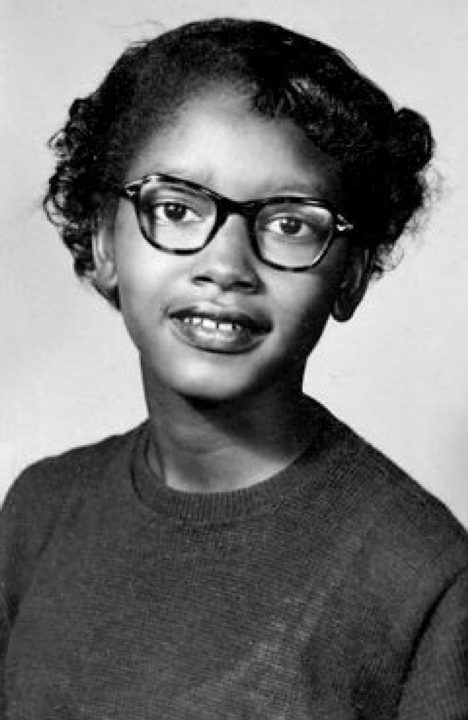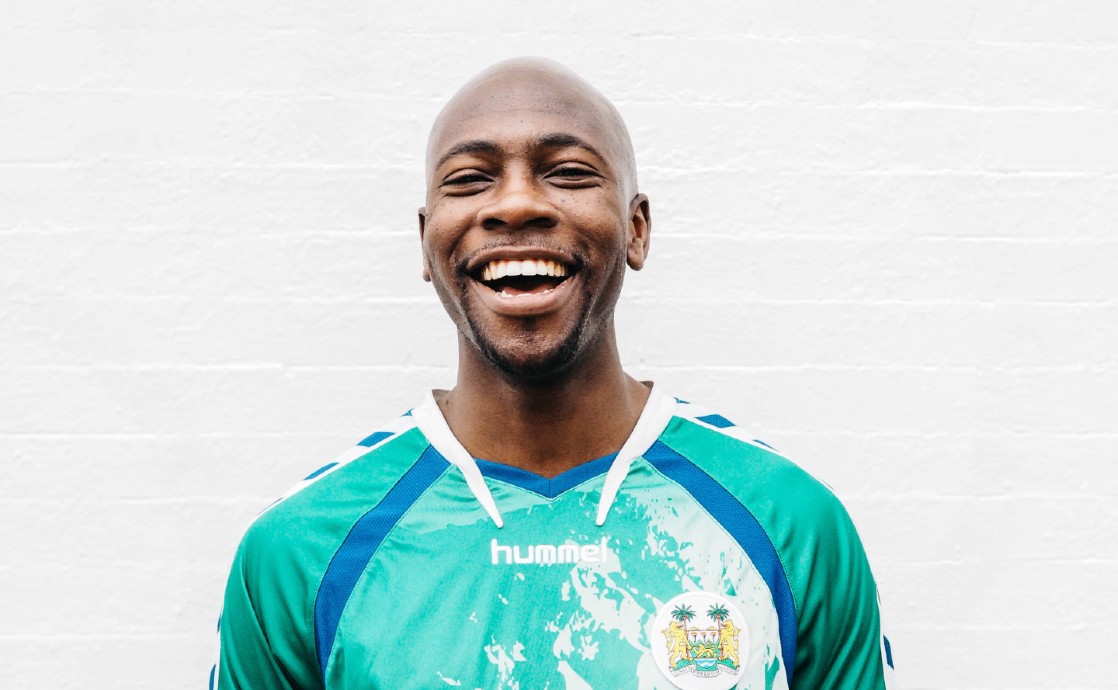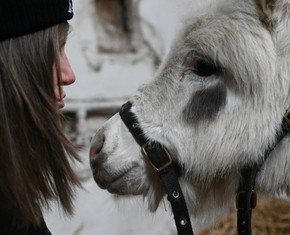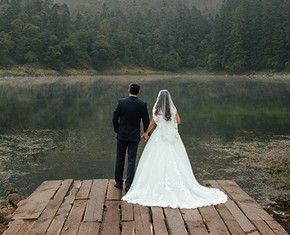The views expressed in our content reflect individual perspectives and do not represent the authoritative views of the Baha'i Faith.
When I was growing up, history was taught to me from a Eurocentric perspective. There were no stories of inspiration outside of the minimal information shared regarding Black freedom fighters such as Frederick Douglass and Harriet Tubman.
My teachers never taught about Claudette Colvin, an African American youth, who at 15-years-old, refused to give up her seat on a bus nine months before Rosa Parks was arrested.

Colvin was one of four plaintiffs in a Supreme Court case that would outlaw segregation on Alabama buses. I never learned about 6-year-old Ruby Bridges, who, in 1960, became the first African American child to go to an all-white school in Louisiana. I didn’t learn about the thousands of African American students in 1963 Birmingham, Alabama. These brave souls sacrificed their safety in the fight against oppression. They marched in peaceful protest of Jim Crow laws and were escorted off to jail. As this information reached Martin Luther King, Jr., he sent them a message: “What you do this day will impact children who have not been born.”
What a difference it would have made for me to learn in school about the nobility of African American heroes — adults, children, and youth who bravely stood up against the tide of racism. As an educator, reflecting on this also instills in me a drive to ensure that the college students I teach learn this.
It makes me reflect on the teachings of Baha’u’llah, the prophet and founder of the Baha’i Faith, and how his words are a healing balm — a panacea to a world in need. One such message that I think of daily is when he wrote, “Noble I created thee, yet thou hast abased thyself. Rise then unto that for which thou was created.”
Too many people don’t know the stories of the young African American men and women who have served this country with honor. I think of my grandfather, and how with a third-grade education, he served in WWII. He was a tall man, and his feet were larger than the Army’s size 12 shoes. This meant that, for a portion of the time he served, he wore shoes that were too small, leaving him in pain.
This great man never complained about his life, and after the war, he stood up for other men of color who worked on construction sites in Los Angeles with him. Even though he faced many challenges due to racial segregation, he was a proud American citizen. He told me about heroes during the war heroes like the Tuskegee Airmen, the first African American military fighter pilots who never lost a battle during WWII. These brave young men, like my grandfather, led the charge of hope and freedom for humanity. While many of those freedoms did not manifest for them in their time, they knew that the work, the love, and the fight for human dignity must go on.
As a student at the University of Southern California, my mother attended classes where she was often the only Black student. Her white male peers exuded so much hate, she says it felt like each class was a horror movie. So she worked to change things alongside other students at USC. When I think of their sacrifices, it reminds me of what Baha’u’llah wrote: “Let deeds, not words, be your adorning.”
One particularly proud moment in my mother’s time at USC is when she assisted, along with a few other African American students, in writing a grant that was proposed to the then campus president, Dr. Norman Topping. Today, the grant is the Norman Topping Scholarship Fund that provides full-tuition and expense scholarships to minority students from the neighborhood around USC who are admitted and are the first in their family to go to college.
Growing up, I thought heroes wore capes or had fancy gadgets like in comic books. However, the heroes I would later learn about in college, thanks to an Africana Studies course, were stories like my mother’s and grandfather’s. These stories helped me overcome the depression I experienced from being taught a false narrative: that white people solely improved the world with a few people of color as allies or in secondary roles.
What a difference it would have made in my formative years to have learned about inspirational leaders and heroes such as Congressman John Lewis! He began his crusade for justice at the age of 21. He was one of the brave youths arrested for protesting along with the other Freedom Riders in 1961. Together, they fought for change in segregated establishments across the South..
At 23, he became the leader of the Student Nonviolent Coordination Committee and was instrumental in organizing the March on Washington. In his speech that day in 1963, he said, “We all recognize the fact that if any radical social, political and economic changes are to place in our society, the people, the masses, must bring them about.”
Congressman Lewis wrote an essay just days before his death on July 17, 2020. It contains a call to the youth of today. He noted that “each generation must do its part; Now it is your turn to let freedom ring.” In his words, from 1963 and 2020, we can hear a call to action, a call to uphold our rights as world citizens. Rep. Lewis ended his essay with the words Dr. King said in one of his last powerful messages, “Let the spirit of peace and the power of everlasting love be your guide.”
Abdu’l-Baha, a man of nobility and exemplary action who was the son of Baha’u’llah and his designated successor, once said, “Thoughts of love are constructive of brotherhood, peace, friendship, and happiness.”
Now is the time to spread love amongst our fellow brothers and sisters, and to continue to heroically sacrifice as did those before.
Baha’u’llah, in a message defining love’s purpose, wrote, “If the learned and worldly-wise men of this age were to allow mankind to inhale the fragrance of fellowship and love, every understanding heart would apprehend the meaning of true liberty, and discover the secret of undisturbed peace and absolute composure.”
Baha’u’llah decreed God’s great message to humanity when he proclaimed our nobility. We were not created to segregate and denigrate one another. We are equal in God’s creation. Each one of us has a purpose as set forth in the divine creation.
As a teacher, I often ask youth questions similar to John Lewis’ question: What will be your story and the story of the 21st century? What are you doing — and what are we doing — to make a space where it is true that all lives matter? This nation, America, built on violence and laws set for one group of people, is in need of upheaval — the kind of upheaval that comes from the foundation of the house.
The Baha’i writings tell us that “Truthfulness is the foundation of all human virtues.” In America, the truth, has yet to be seen. Until we heed the call of the divine to come together in unity, we stand in segregation. Until all of America’s disunifying laws and oppressive behaviors change, there is no greatness.
In a 1965 letter, the Universal House of Justice, the global governing administrative body of the Baha’is of the world, wrote, “A very great responsibility for the future peace and well-being of the world is borne by the youth of today.”
As we are in the age of the digital revolution, I encourage my students to use their digital and analog platforms to change the narrative. All significant change occurs when people work for it and unite in pursuit of a common cause. As Jesus Christ, the first divine teacher I learned about and from, said, “When two or three are gathered together in My name, I am there in the midst of them.” (Matthew 18:20) Let us remember our nobility, our unity, and teach it to youth so they can take action — so they can be writers in this narrative and do what it takes to, as Dr. King said, “Let Freedom Ring.”
















Comments
Sign in or create an account
Continue with Googleor